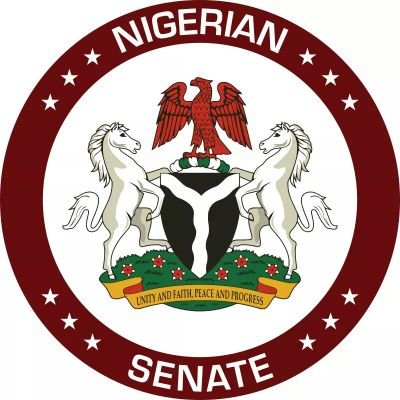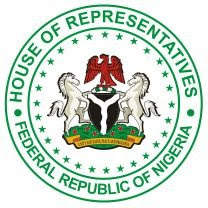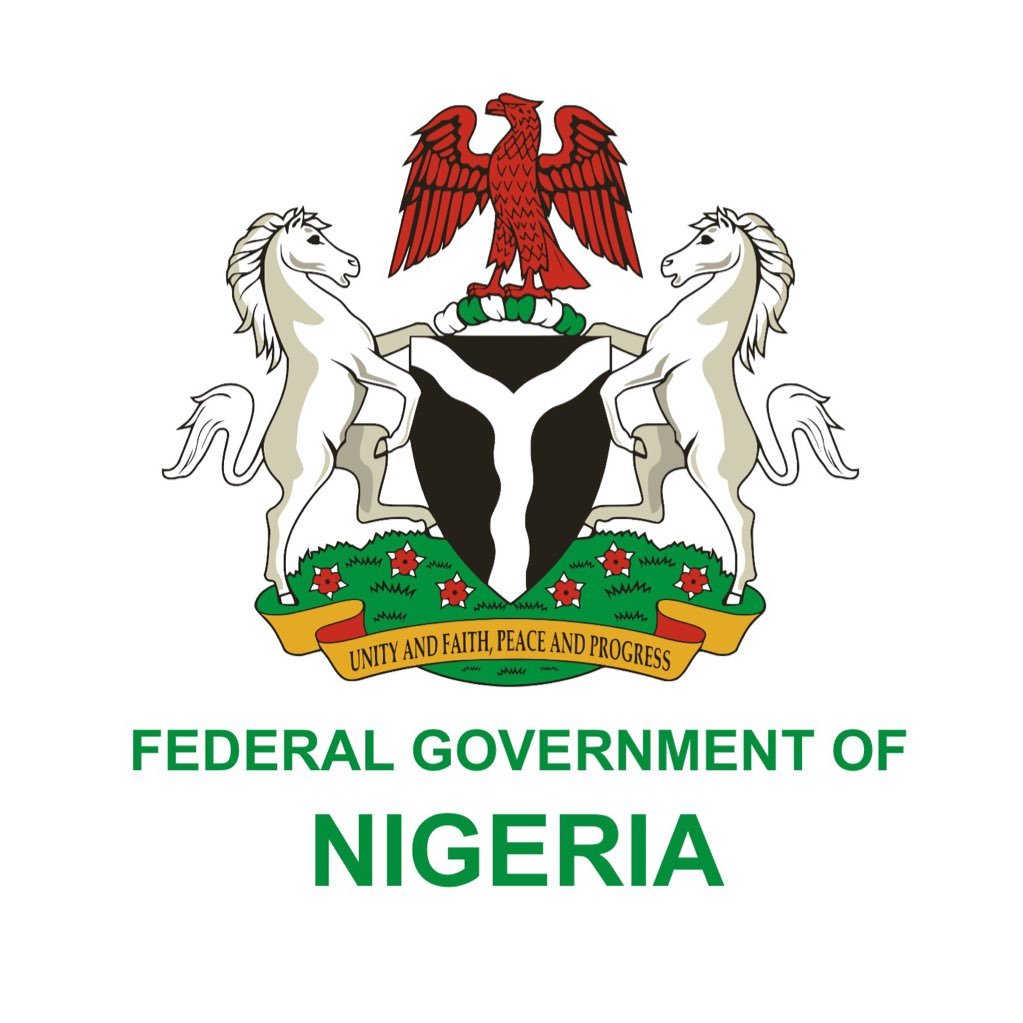
(i) Each dollar increase to the oil price benchmark generates N87.27 billion as additional spending for the FGN. Thus, N523.65 billion was the additional revenues following the $6 increase in the oil price benchmark.
(ii) Out of the additional revenue, the Executive utilized N152.6 billion to increase their initial expenditure proposal.
(iii) The balance of N371.05 billion was spread across other capital projects including the provision of N55.15 billion for the implementation of the National Health Act as well as the reduction in deficit, and thus, new borrowing requirement.
(iiii) The deficit was reduced from N2 trillion (proposed by the Executive) to N1.95 trillion (that is from 1.77% of GDP to 1.73% of GDP), and as such the domestic borrowing was reduced by N55.88 billion, from N849.67 billion to N793.79 billion. This will free up more resources for private investment.
(v) It should be noted that capital budget was increased from N2.54 trillion (proposed by the Executive) to N2.87 trillion. This represents about N331 billion net increase which was allocated to critical sectors of the economy that are growth stimulating, thus, required greater prioritization. For instance, Education and Health capital budgets were increased by N37.92 billion and N13.37 billion respectively. The Budget for Agriculture as well as Industry, Trade and Investment were also increased by N30.21 billion and N21.03 billion respectively. In addition, and among others, the capital budget for Science and Technology and Power, Works and Housing were increased by N25.08 billion and N62.58 billion respectively.


(vi) The reduction of N347 billion in the allocations to 4,700 projects represents only about N73.8 million on average, and 14% of the aggregate capital expenditure proposed by the Executive. The reductions were from low priority areas to higher priority and more growth enhancing projects and activities. In addition, it should be noted that in allowing for the reductions of some capital provisions proposed by the Executive, due considerations were given to the implementation/utilization capacity of the implementing MDAs. Sound economic judgement is defeated when more resources are heaped on a particular project that can only accommodate less in given financial year or project cycle.
(vii) “Another area of concern is the increase by the National Assembly of the provisions for Statutory Transfers by an aggregate of 73.96 billion Naira. Most of these increases are for recurrent expenditure at a time we are trying to keep down the cost of governance.”Curled from Mr. President Speech.
It is important to point out that 60% (about N44.7 billion) of the increase in statutory transfer was applied to the NDDC. Part of this, about N11 billion, is based on the legal provision establishing the Commission while the balance of N33 billion is to cater for outstanding liabilities owed the Commission by FGN.


It should be noted that recurrent expenditure is not bad in itself. In fact, it will be difficult to implement capital project without recurrent spending. At a time when costs are higher than pre-2015 levels, and overhead cost of the Executive is generally increasing, it makes good judgment to adjust the expenditures of other arms of government including other key statutory bodies especially when their activities have not reduced but increased. With more Court cases as well as more legislative activities, it is difficult to justify increasing only the overhead of the Executive.
(viii) Improving implementation of the budget should be a higher priority through enhanced revenue generation as well as increasing the utilization rate of MDAs. This should be the pursuit.
Submitted above, Sir.
Dr. Samuel C. Omenka
S.A (Budget) to the President of the Senate
